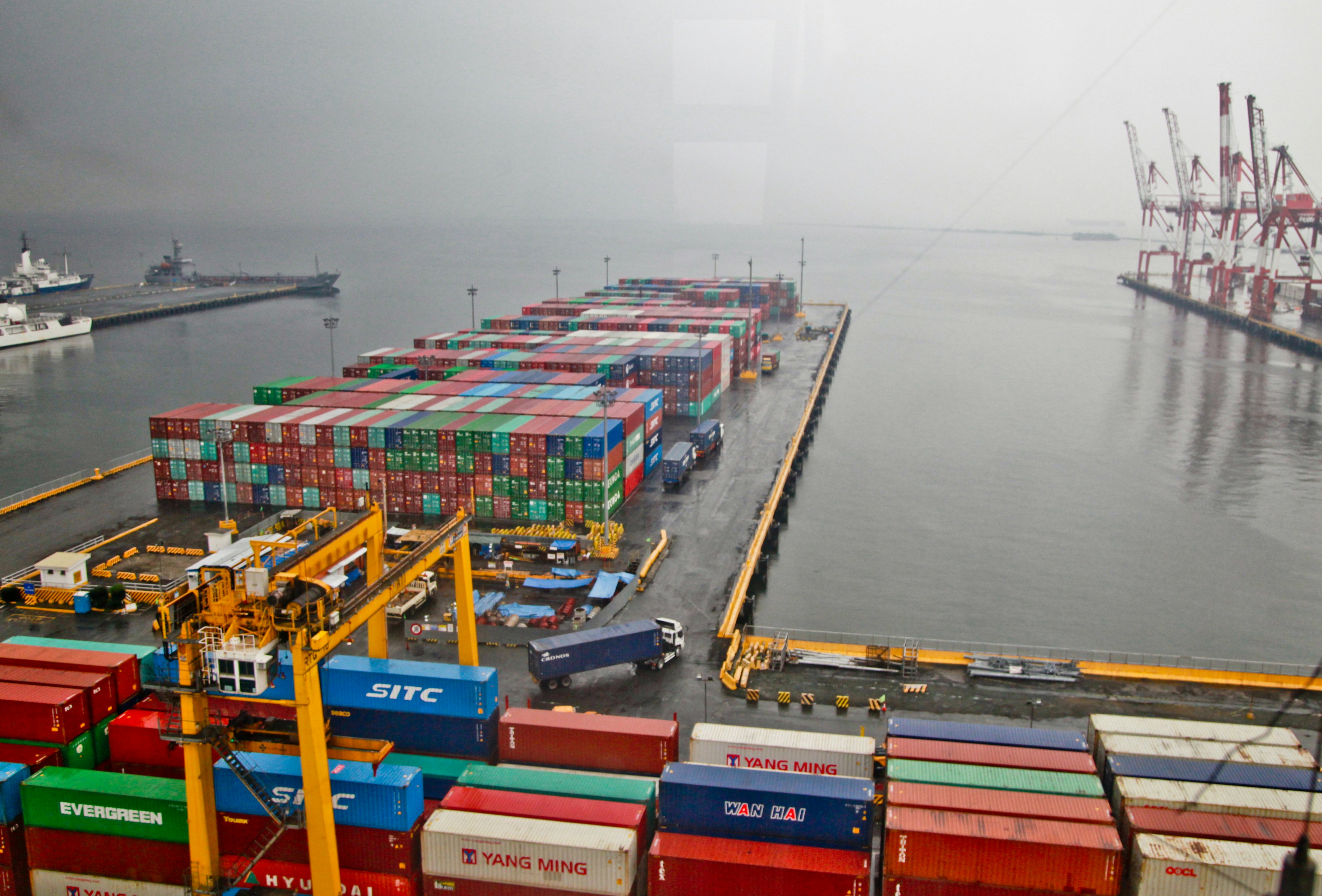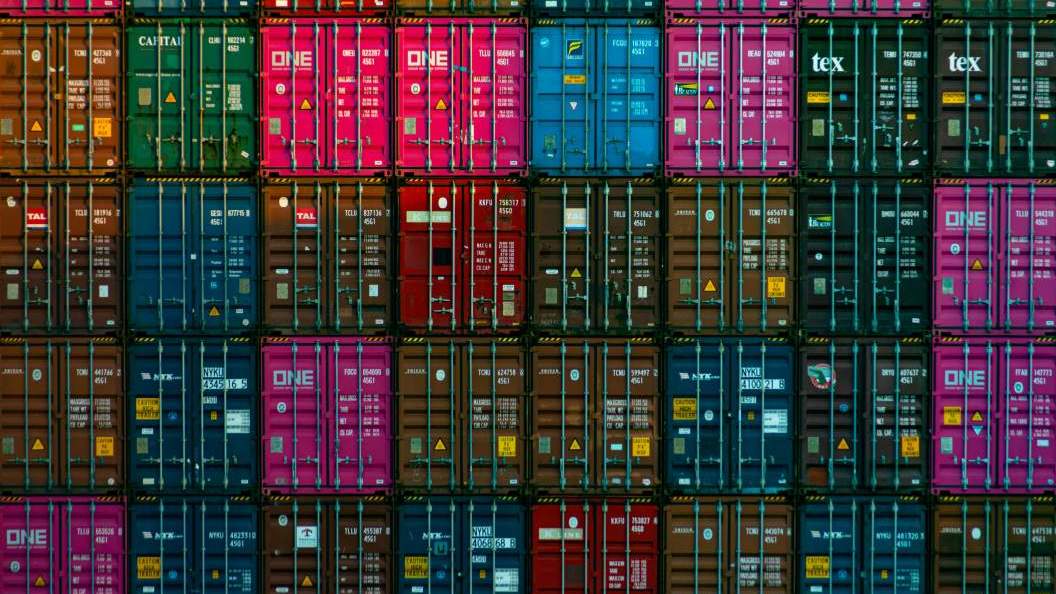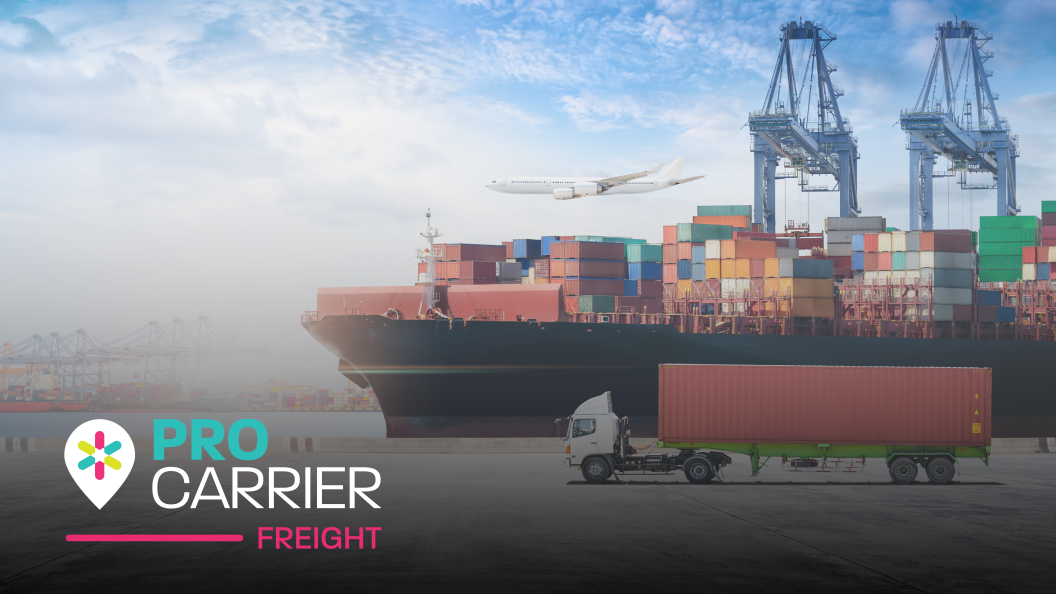The UK government started rolling out the Border Target Operating Model (BTOM) earlier this year, but confusion still abounds over what it is and how it works.
Worse still, experts predict these new border rules, which impact meat, vegetables and plants, will cause disruption, shortages and higher prices for UK businesses and consumers.
What do importers need to do to prepare for BTOM? What are the risks? Is there anything they can do to mitigate them?
In this article, we answer your most burning questions and explain what Pro Carrier is doing to help our customers impacted by BTOM.
What are the new BTOM rules?
The new rules the Government rolled out at the end of April are an extension of its Border Target Operating Model (BTOM), a plan for a new approach to importing goods into the UK from the EU, which was first announced in 2021. It has since been delayed five times for companies to properly prepare and ensure the correct infrastructure is in place.
BTOM aims to streamline the process of importing EU goods, protect the UK from biosecurity risks, and reciprocate the border controls that have been in place for UK exports since Brexit.
BTOM is being introduced in three phases, the first of which has already occurred. At the end of January 2023, health and phytosanitary certificates became mandatory when importing “medium risk” animal products, plant products and plants into the UK. This includes meat, dairy products, most plants, and many fruits and vegetables that have been reclassified from low-risk to medium-risk.
The second stage, which was introduced at the end of April, requires documentary, physical, and identification checks for these goods. Border officials will need to ensure all goods have the correct paperwork, including certificates, check goods meet sanitary and phytosanitary rules, and verify that consigned goods match those on the documents.
The final phase will come into force at the end of October 2024, when safety and security controls will be required for EU imports.
What’s the likely outcome?
Price rises are almost inevitable for importers, wholesalers, retailers and the end customer owing to the significant increase in paperwork that will accompany all imports as well as the flat-rate inspection fee per consignment. The checks will hit the costs of EU farmers and wholesalers, who will almost certainly pass on the costs to UK companies.
The government itself has estimated that these new border controls will cost businesses £330m per year, with Common User Charges (which are also being introduced at the end of April) estimated to be between £20 and £40 per consignment.
An increase in delays is also likely since regulations require all “medium risk” and “high risk” goods to be checked. Given the sensitivity of the cold chain logistics process to delays, more goods could become spoiled or damaged.
It will also mean substantially more work for shippers and freight forwarders, who will be responsible for ensuring their cargo complies with new BTOM regulations.
In the worst case, regulations could lead to a shortage of food and fresh flowers. Some fear EU exporters may give up on exporting to the UK market completely in light of this new regulation — the same way many UK businesses reacted when the EU established its border controls.
What do importers need to do?
If you import these products from the EU, you’ll already be aware of the new regulations, but reading up on exactly what the new rules entail and what you need to do will be essential. Any delay caused by inadequate paperwork could further derail supply chains already under the stress of additional checks.
Here’s what we recommend importers do:
- Check which of your products fall into the “medium” and “high” risk categories and will therefore require additional documentation and checks.
- Speak to your suppliers in the EU to check their readiness for these regulations.
- Double-check that your freight forwarder, 3PL, or customs broker is aware of the requirements and has processes in place to mitigate delays in your supply chain.
- Prepare for delays and shortages to occur. Such scenarios won’t happen in an ideal world, but it’s best to be prepared.
Importers should be aware of the government’s future plans regarding BTOM and how that may impact their trade. For example, the government is planning to launch a pilot trusted trader scheme that will let regular importers avoid full custom checks.
Trust Pro Carrier to meet any Brexit regulations
Since the UK left the European Union, Pro Carrier has delivered a proactive and flexible service to your trading partners, helping them to cope with whatever regulation comes their way.
These new BTOM regulations are no different. We will continue to provide our clients with exceptional guidance and support, handling the entire import process, including customs checks, certifications, and document retrieval. And with our supply chain management platform, Horizon, we can proactively alert customers if there are expected delays and provide the best solution to mitigate any impact to your shipment.
Speak to one of our experts today to learn more about the new Brexit rules and requirements and how Pro Carrier can help.



